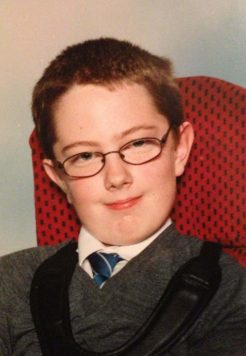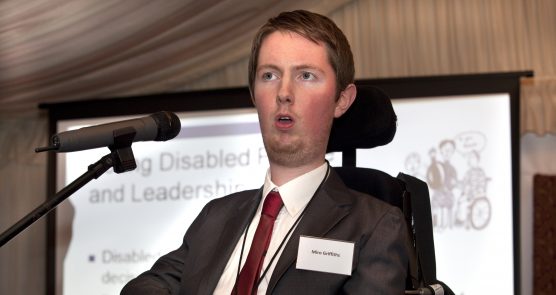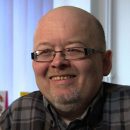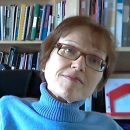Reflections
Miro Griffiths: Changing Expectations
Miro was born in 1989 in Birkenhead in the Wirral. Miro went to his local mainstream schools for both primary and secondary education, then going on to attend university.
Here Miro describes the difference he notices in the expectations of young disabled people now.
https://howwasschool.allfie.org.uk/wp-content/uploads/2013/07/changing-expectations.mp3
And I think you know school – well to me anyway, school is not just about the academic learning, your academic achievement, it’s those skills that you learn, those life skills around that and those relationships that you build and how to build relationships, how you construct it.
I suppose the main thing for me is that actually I’ve seen , ‘cause I work a lot with young disabled people, is that they have an expectation now that they want to be part of the mainstream. That, and you know, we go back – for me obviously I’m only twenty-three, but you go back in history about the disability movement and you see that, you know, the people were striving to be heard, striving to have a voice, they were using their disability and their impairment as their badge of, you know, to say that like I want to be recognised as a disabled person. And I think now young disabled people actually it’s almost gone the reverse, it’s not that they want to hide away from their identity as a disabled person, but in fact they just want to be in a society that embraces all difference and all access needs.
Transcript
Going to mainstream it was, you know, I wouldn’t want it any other way because it made me think about things like relationships, friendships, opportunities. And when I was in school when everything worked well I did feel I was included to a point where I didn’t feel disabled. And I know now when I come up against barriers I know that, you know, it can be fixed and a lot of it is just down to ignorance, you know, a lot of it is down to ignorance really, something in a lot of circumstances that I come across. And there is a willingness to change, and in those two environments, in those two schools there was a willingness to change and they did want to change it.And I think you know school – well to me anyway, school is not just about the academic learning, your academic achievement, it’s those skills that you learn, those life skills around that and those relationships that you build and how to build relationships, how you construct it.
I suppose the main thing for me is that actually I’ve seen , ‘cause I work a lot with young disabled people, is that they have an expectation now that they want to be part of the mainstream. That, and you know, we go back – for me obviously I’m only twenty-three, but you go back in history about the disability movement and you see that, you know, the people were striving to be heard, striving to have a voice, they were using their disability and their impairment as their badge of, you know, to say that like I want to be recognised as a disabled person. And I think now young disabled people actually it’s almost gone the reverse, it’s not that they want to hide away from their identity as a disabled person, but in fact they just want to be in a society that embraces all difference and all access needs.
Explore more
Explore stories by theme or view the timeline of significant events in education for disabled people
![How Was School? [logo]](https://howwasschool.allfie.org.uk/wp-content/themes/hws-base-theme/assets/img/allfie-logo-original.svg)





